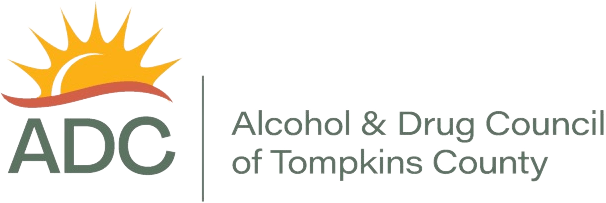Founded and sponsored by NCADD, Alcohol Awareness Month was established in 1987 to help reduce the stigma so often associated with alcoholism by encouraging communities to reach out to the American public each April with information about alcohol, alcoholism and recovery. Alcoholism is a chronic, progressive disease, genetically predisposed and fatal if untreated. However people can and do recover. In fact, it is estimated that as many as 20 million individuals and family members are living lives in recovery!
An integral part of NCADD’s Alcohol Awareness Month is Alcohol-Free Weekend, which takes place on the first weekend of April (March 30-April 1, 2018) to raise public awareness about the use of alcohol and how it may be affecting families, individuals, schools, businesses and the communities in which we live. During Alcohol-Free Weekend, NCADD extends an open invitation to all Americans to engage in three alcohol-free days. Those individuals or families who experience difficulty or discomfort in this 72-hour experiment are urged to contact local NCADD Affiliates, Alcoholics Anonymous (AA) or Al-Anon to learn more about alcoholism and its early symptoms.
About the Theme
The 2018 theme — “Changing Attitudes: It’s not a ‘rite of passage.’ ” — is designed to draw attention to the many opportunities individuals, families, and communities have to educate young people on the dangers of alcohol use. We often forgive underage drinking as a “rite of passage.” We can simply sit back and hope kids will “get through it,” or we can change our attitude and take an active role in learning about alcohol and drugs and help young people do the same.
Join Alcohol & Drug Council in a national call to action to focus on a comprehensive approach to reducing underage drinking that includes prevention, intervention, treatment and recovery services. Hundreds of communities across the country will participate in this grassroots effort aimed at helping our young people connect the dots about alcohol and drug use and to highlight healthy alternatives and critical recovery resources that are available to our youth.
